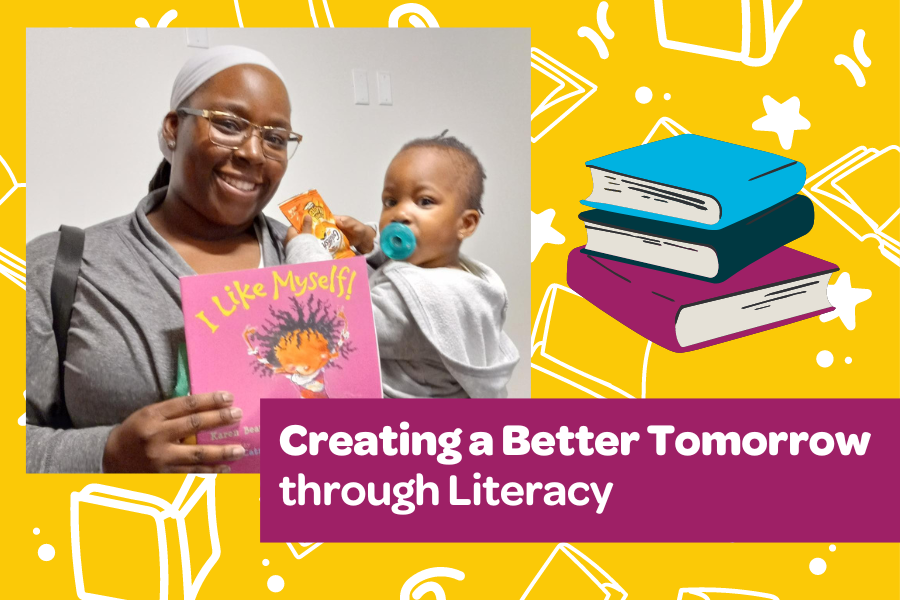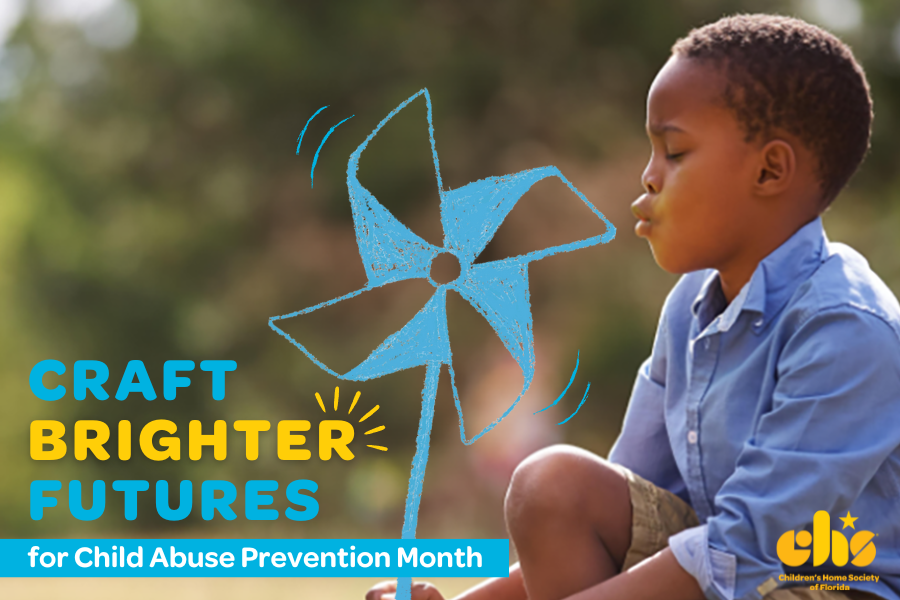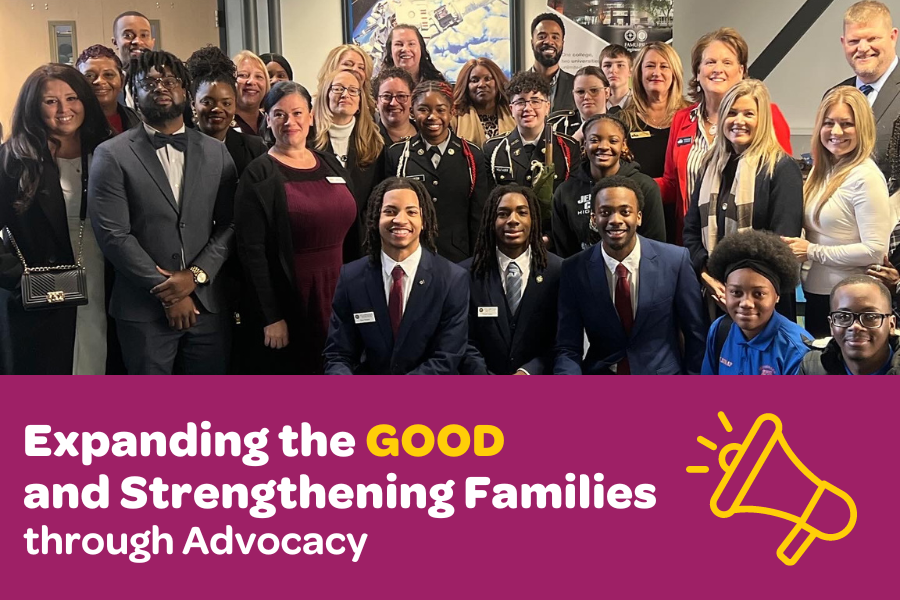It’s too easy to judge. The 15-year-old standing with her head down, eyes averted as her public defender speaks. The split-second decision to shoplift, the ticking temper that led to a fight … life-altering consequences.
For most people, this child has a single title: juvenile offender. This label will define her for life.
But this isn’t what I see – and I implore you to look deeper to see something else, too.
I see a child who needs someone to advocate for her. A child who has endured such pain that she can’t process the hurt anymore. Because no one has looked deeply enough to find the trauma, she’s releasing her pain the only way she knows how.
Statistics show juvenile crime is directly related to generational trauma, socioeconomic difficulties, and a lack of understanding on where or how to receive support. Although children are committing crimes, they are just that – children. Children with an endless amount of unmet needs who should be first met with compassion.
At Children’s Home Society of Florida (CHS), a national leader in trauma-informed counseling, we see how kids struggling with depression and anger can express emotions through defiant, truant or violent behaviors.
This is why you’ll find me in court advocating for this child – or dozens of others like her. It’s why I’m in back-to-back counseling sessions the next day, trying to help kids work through years of trauma.
When kids’ untreated trauma leads to criminal activity, it’s not just their lives that are affected – it impacts us all.
What may seem like rebellion leads to an arrest record, which can crush scholarship opportunities, prevent future job offers, and cost families – and tax payers – thousands of dollars.
In lieu of this, family and community-based diversion programs are proven to be more effective in addressing underlying mental health challenges and discouraging future misconduct. In short, kids get a second chance.
Arrest alternatives are critical because:
- 70 percent of juvenile offenders are locked up for nonviolent offenses.
- Incarcerated teens are more likely to engage in suicide and self-harm.
- One-third are diagnosed with depression after incarceration.
Studies show the detention experience may increase the odds that youth will continue delinquent behavior, further compromising public safety.
There’s a better way.
That’s why CHS is bringing a new juvenile justice diversion program to Duval.
A collaboration among CHS, Partnership for Child Health, and the Department of Juvenile Justice brings trauma-focused counseling for youth involved in the justice system. In partnership with the State Attorney’s Office and the Public Defender, we’re increasing access to mental health care to address root causes of behavior.
Instead of the traditional court setting, kids sit at a round-table meeting in the courthouse, where the Magistrate joins the confidential discussion with the child, guardian and counselors.
This program is supported by a grant from The Partnership: For Mental Health, a project of Baptist Health and the Delores Barr Weaver Fund at The Community Foundation for Northeast Florida.
I firmly believe this program will change the Duval’s future. As we open the door for a second chance for kids, I ask our community to do the same … to extend a bit more compassion to these children.
I ask you to remember that our teens are children struggling with underlying trauma and hurt. I ask you to stop looking through the lens of ‘What did you do?’ and start thinking ‘What kind of hurt are you trying to cope with?’
At the end of the day, we’re in this together. We all play a role in creating a stronger community – and it starts with compassion.










